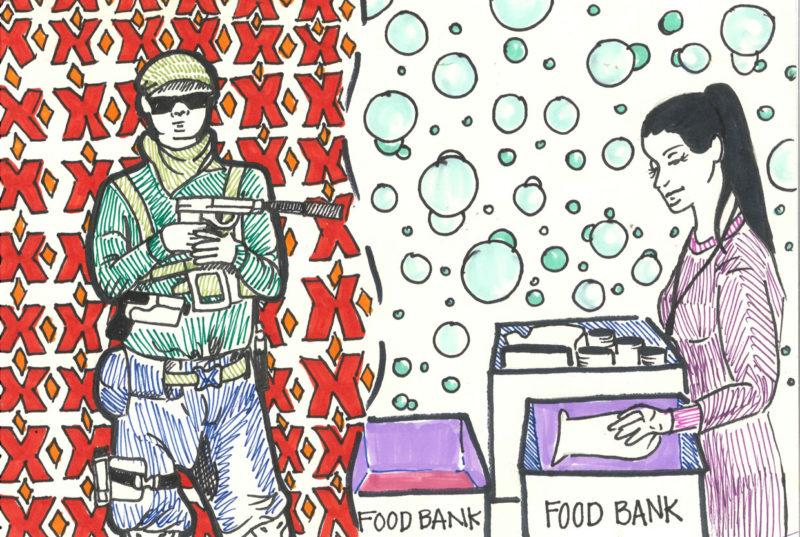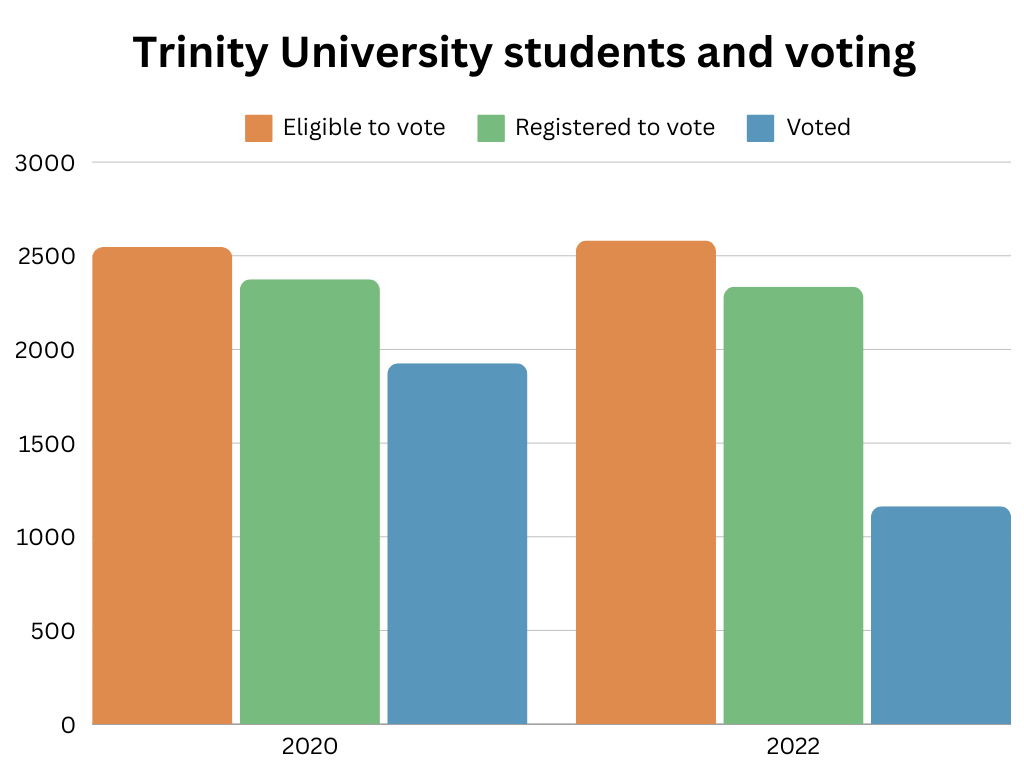The world feels unstable. Domestically, political and social divisions are at a higher pitch than ever in my living memory and perhaps since the tumultuous years of the 1960s. I’ve felt a distinct loss of political control as social retrogrades, cultural revanchists and scientific ignoramuses gain ground in legislatures around the country. Simultaneously, there is the broadly covered civil unrest in the United States and worse situations abroad, such as far-right parties coming to power throughout Europe and the worrying specter of repressive countries like Russia and China asserting their power.
Observing all this, I’ve become distinctly aware of the fragility of the global and national systems of government and trade that sustain my lifestyle of relative prosperity and physical security. As a result, in the last few weeks I’ve felt a strange desire to bolster my ability to live independent of these systems. Essentially, I’ve been talking myself into becoming a survivalist.
It’s a compelling line of thought that appeals to a very fundamental sense of individualism and desire for self-sufficiency. In fact, though, it’s too compelling. Before I knew it, I found myself making dubious logical leaps about the need to secure my own self-sufficiency that went from the prudent to the paranoid.
For example, I began to seriously consider buying firearms, perhaps a concealed handgun and a military-style rifle like an AR-15. After all, owning firearms is a constitutional right that Americans exercise every day. In the event of a robbery, whether while out and about or at home, having a firearm would seem to guarantee a means of self-defense. Fortune favors the prepared, right? But wouldn’t owning a firearm also prepare me for something more serious? I began to buy into the idea that owning firearms would help me stay safe in the event of widespread civil unrest or enable me to confront an increasingly tyrannical domestic government headed by, possibly, far-right ideologues. It can always happen here, right?
Of course, to be intellectually consistent about self-sufficiency, simply owning a firearm or two is insufficient. Shouldn’t I also be prepared to support myself as well as defend myself? I began to consider stocking up on water and looking up which types of preserved foods last the longest and provide the optimum combination of nutrients. Just to be prepared, surely I should also start learning how to hunt and cook game, how to distinguish edible from poisonous plants and how to administer first aid.
This was all decently paranoid and unrealistic, but in the moment it made perfect sense to me, as it does to millions of Americans. The New Yorker has reported that wealthy Americans are investing in sophisticated doomsday bunkers, and NPR has reported that the demand for survivalist properties and estates in the Pacific northwest has grown by 50 percent in the last few years.
In short, these millions of people, and briefly me, aren’t completely wrong, we just went a bit too far. Certain elements of a preparedness mentality are good. It’s wise to know basic first aid and wilderness survival, to have some supplies available in case of a natural disaster of some kind, and to know basic self-defense and have some implements to supplement such defense.
However, going too far down the rabbit hole is a bad idea. Consider firearms. CDC data shows that a gun in the house is far more likely to be used for suicide than home defense. At that point, it probably makes more sense for me to buy a taser, a baseball bat and a strong lock than to put myself at risk if ever my life takes a turn for the worse.
It’s also a fantasy to imagine that private gun owners in the modern era would present any meaningful resistance to governments armed with tanks and fighter jets. The bottom line is that the modern world is large and complex and the most effective means of securing liberty and self-sufficiency is to do the hard work necessary to sustain the global governments and trade networks that support modern society.
Instead of spending thousands of hours learning intense survival skills and hundreds of thousands of dollars on self-sufficient real estate and firearms, a better use of that money would be supporting charities that fight societal ills that cause instability and a better use of that time would be meeting one’s fellow citizens and getting involved in local and national government.
Total individualism is unrealistic in the modern world and a fatalistic survival mentality will sap the motivation to work to sustain governments.






